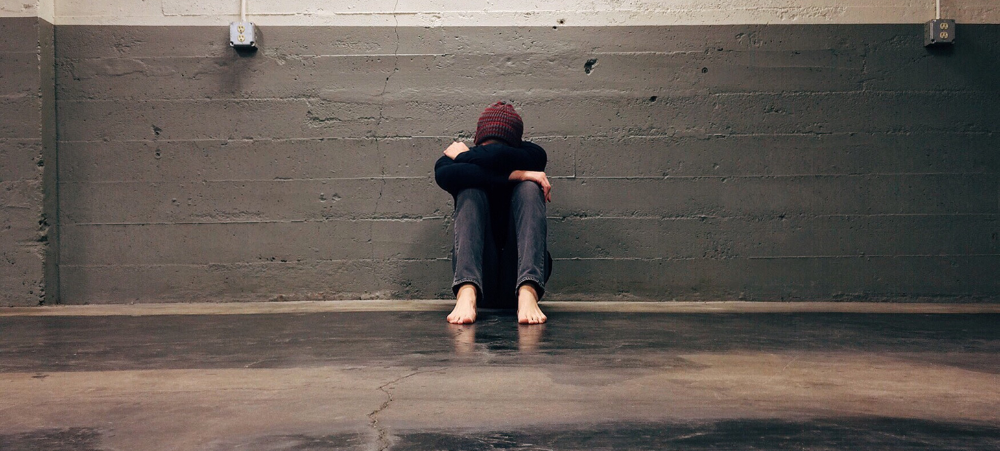Parents are often made to believe that screen time is inherently bad, but in today’s world we simply can’t escape it – smartphones, computers, tablets and televisions are everywhere – and now, more than ever, screen time has become a survival tool for many families.
While the conversation around screen time for children – how much is too much? – is not new, COVID-19 has forced many parents to review and relax their screen time rules. This isn’t necessarily a bad thing.
According to a report by UNICEF, the negative experiences associated with screen time is not directly related to the time spent online, but rather to what children do online, the content they look at, and their environment and support network in general.
In fact, the study shows that not only can screen time be positive, but it can actually be a critical tool for teaching children valuable skills and promoting physical and mental wellbeing. An added bonus is that, during these unprecedented times, it allows parents to get on with their own work, do some chores, or simply maintain their sanity.
Ditch the guilt
It is important that parents take a realistic approach to screen time. Instead of feeling guilty, consider the following benefits:
- Social
Social connection is important for children and the ability to virtually connect with the wider world is one of the greatest advantages of screen time as it allows children to sustain a sense of normality during this stressful time.
Make the most of screen time by getting grandparents to sing, dance, or read to little ones, or let teens play online games with friends – they aren’t nearly as bad for your child as you might think! A study has found that children who play video games show higher levels of family closeness, activity involvement, attachment to school, and positive mental health.

- Physical
Screen time is often blamed for children being physically inactive, but now, as the opportunity for outdoor activities and exercise is restricted, the opposite is actually true – screen-based games or exercise videos might be the best way to keep children physically active. In fact, the World Health Organisation recommends it!

Videos and games offer a great alternative to moderate exercise and, in addition to helping children stay active, it may also improve their coordination and motor skills.
- Mental
As exposure to information regarding the current pandemic may elevate children’s stress levels, it is important to be cognizant of their mental health. Activities such as social media exchanges, video calling family and friends, or playing games online can offer meaningful connection, serving as a reminder that they are not alone. It is also a vital tool for helping them deal with uncertainty, anxiety, and even depression.
- Educational
Screens encourage and support learning, so use it to help your children learn new things – there is a tutorial, video, or app for just about everything! That said, it is important to ensure that children are actively engaging with quality content as this will expose them to new ideas and knowledge, it may help them retain information for longer, it can boost literacy levels, and above all, it can make learning fun.
It also offers parents who are struggling to assist their children with schoolwork a host of resources, from online tutorials to free classes. For example, Impaq’s education specialists are hosting free online classes every weekday. These classes cover a variety of subjects for children from Grade R to 12 and you do not need to be an Impaq client to benefit.

- Life skills
What might look like a fun waste of time to parents may actually be teaching children valuable life skills. Studies show that time spent in a well-designed game or virtual play space teaches children how to communicate, it develops their ability to think logically and solve problems, and it encourages creative thinking. All of this, in turn, teaches children to think independently and have confidence in their own abilities.
If you are still not convinced about the benefits of screen time, consider this – during challenging times, people tend to find comfort in the things that make them happy, and screen time literally makes children happy by releasing happy hormones!
By Danielle Barfoot





